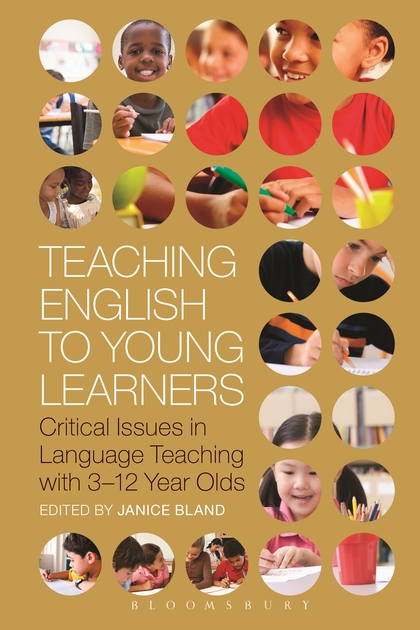Aimed at student teachers, educators and practitioners, Teaching English Language to Young Learners outlines and explains the crucial issues, themes and scenarios relating to this area of teaching. Each chapter by a leading international scholar offers a thorough introduction to a central theme of English as a foreign language (EFL) with preteens, with clear presentation of the theoretical background and detailed references for further reading, providing access to the most recent scholarship. Exploring the essential issues critically and in-depth, including the disadvantages as well as advantages of Teaching English as a Foreign Language (TEFL) with young learners, topics include:
- task-based learning in the primary school;
- storytelling;
- drama;
- technology;
- vocabulary development;
- intercultural understanding;
- Content and Language Integrated Learning (CLIL) scenarios;
- assessment.
Innovative and rapidly emerging topics are covered, such as immersion teaching, picturebooks in the EFL classroom and English with pre-primary children.
- Reviews


